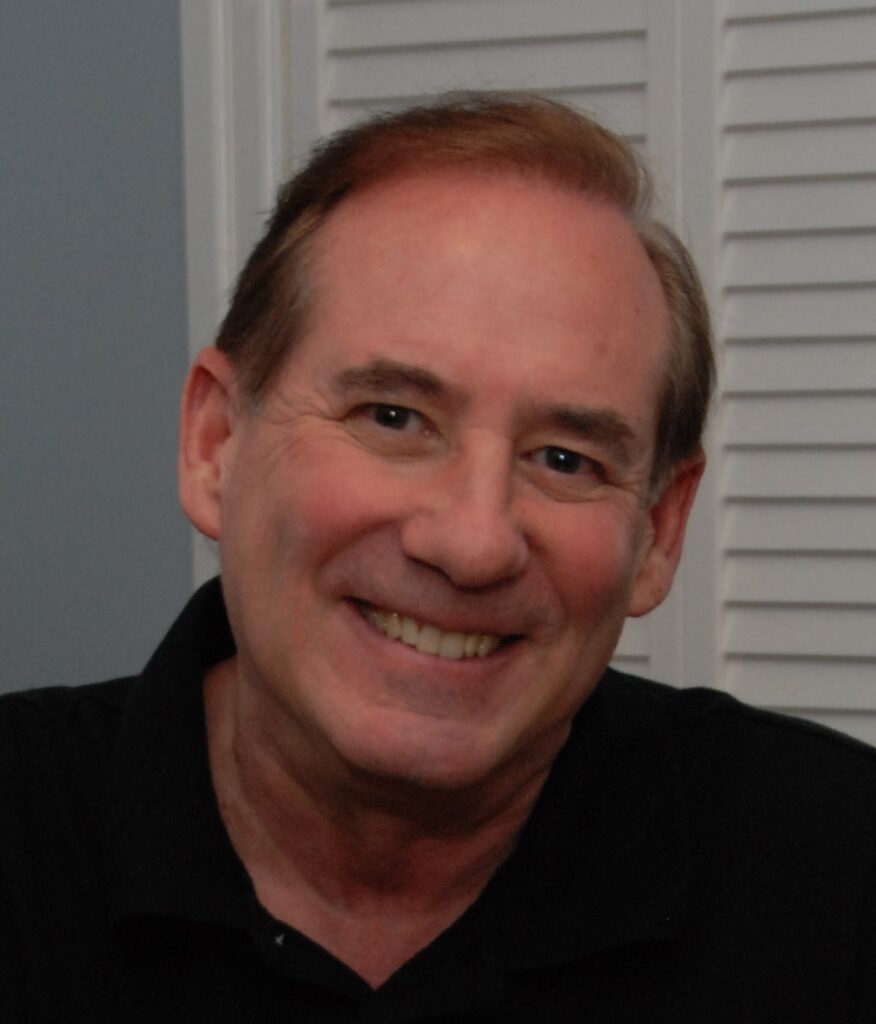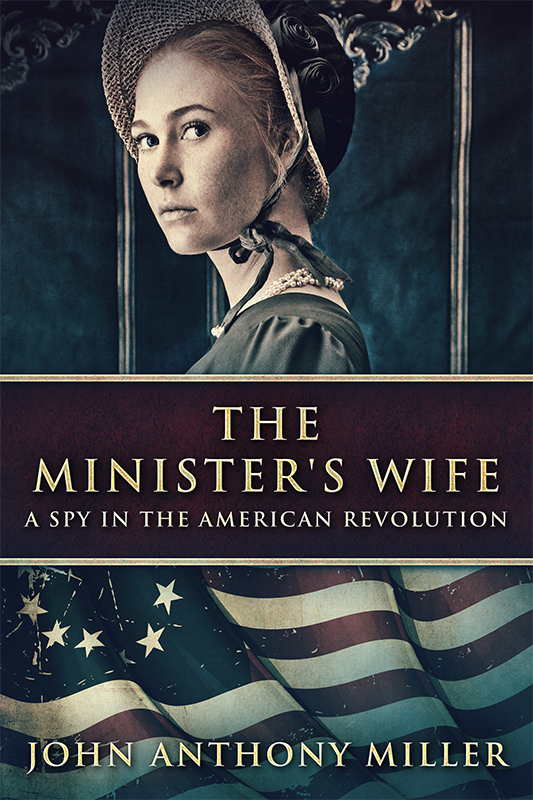

Are there any books or authors that inspired you to become a writer?
I have three favorite authors who provide inspiration. Ernest Hemingway, for his crisp prose, Ken Follett, for his fast-paced narrative, and James A. Michener, for his sprawling epics based on specific geographical locations.
How did you come up with the title for your book?
Sometimes I take the title from a phrase used in the book, like For Those Who Dare or Honour the Dead, while in other books the title expresses the book’s theme: To Parts Unknown, When Darkness Comes, or In Satan’s Shadow.
How do you come up with character names for your stories?
For me, character names are one of the most important components of the narrative. I like names that flow, like Ariana Rojas or Abigail St. Clair. I write historical fiction, so to get ideas for names I use the time period and location of the book to conduct internet searches. For example: French baby names in 1920.
How long does it take you to write a book?
I usually write two novels a year. Sometimes I work on my main project through morning and early afternoon, and then work on a second book to finish up my day. When I’ve completed the final draft, I send it to my agent and her assistants. Sometimes they have improvement suggestions which take anywhere from days to a month to incorporate.
How many books have you written? Which is your favorite?
I have twelve published novels, the thirteenth is finished and in the publishing queue, I’m working on the fourteenth, and researching the fifteenth. Whichever book I’m working on tends to be my favorite.
How much research did you need to do for your book?
For me, the amount of research depends on the historical setting I’ve chosen. For example, my novel The Widow’s Walk is set in Cape May, N.J.—which is very close to my home—in 1976. It took very little research. But my Medieval epic Song of Gabrielle involved over a dozen research books read or partially read to accurately depict thirteenth century England. I researched everything from castles to clothes, common foods, witchcraft, herbs used for healing, and battlefield techniques.
What comes first for you — the plot or the characters — and why?
The initial draft of my books focuses entirely on plot, even if the novel is character-driven. I think the story itself is what’s most important, whether it’s a thriller with non-stop action and little character development, or a book that focuses entirely on the character and their transformation when exposed to events—or maybe how they don’t change at all.
Since I write all things historical—thrillers, mysteries, and romances—two other elements in story development are equally important: location and time period. For me, unless all four of these components feel right—plot, characters, location and setting—I put the book aside and work on something else, usually by the fifth or sixth chapter. I come back to it with a fresh perspective, sometimes years later, and normally change one of those four components until it feels right.
When I finally get the right combination, it’s magical, and the story starts to flow. I can “see” sparks on cobblestone streets from the metal rim of a wagon wheel in 1778 Philadelphia, “taste” the salt from the sea in 1976 Cape May, N.J, or “hear” the quivering chant of a witch in 1216 England.
What is the most valuable piece of advice you’ve been given about writing?
To be a writer, you have to actually write. I think routine is important. Try to write every day, even if your schedule only allows fifteen or twenty minutes. I think this consistency is especially important during the initial draft or outline.
What would you say is your interesting writing quirk?
I use no outlines. When I’m ready to start a new book, I simply sit down at my desk and start typing. My first draft is a bit of a mess, but it’s a system that works well for me. I generally do six or seven revisions before I send it off to my agent. I keep different book concepts in a file, but when I have a general idea about what book will be next—usually the time period, location, and overall plot—I start to research, reading several books, or parts of books, to prepare.
Where do you get your information or ideas for your books?
I take several approaches when writing a book. Sometimes I have an overall theme in mind, like good versus evil, or a journey, an escape, or a character transformation. One of these concepts will drive the plot.
Almost anything can serve as inspiration. I recently finished a nineteenth century murder mystery inspired only by the photograph of a tranquil lane in Paris—which of course became the scene of the murder in my book. I saw that image on the internet and thought: ‘hmmm, I can have some fun with this.’